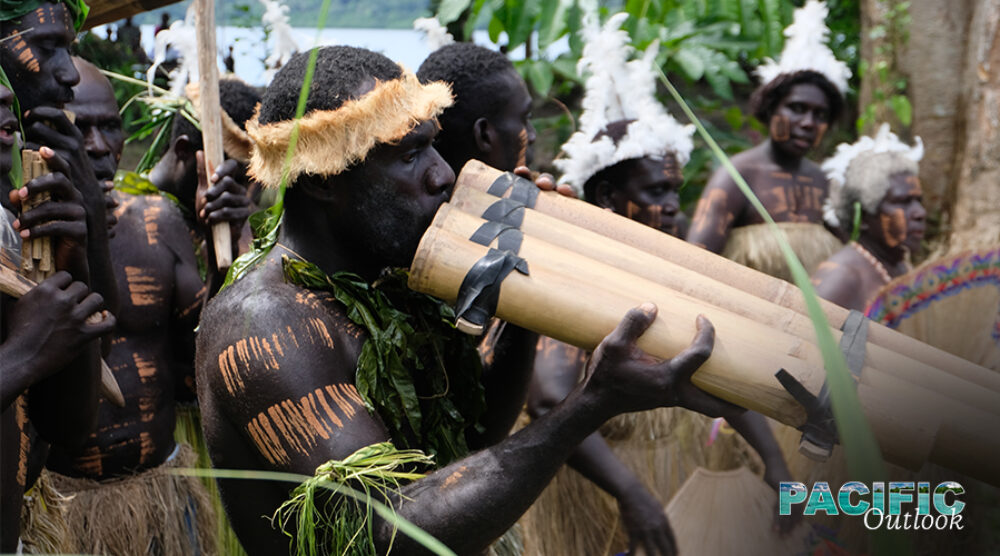In the aftermath of the 2019 referendum, where Bougainvilleans strongly favoured independence, Papua New Guinea’s parliament is poised to vote on Bougainville’s independence, which is expected to be rejected. A negative vote without a constructive plan could lead to Bougainville declaring independence unilaterally, posing challenges for Australia and opportunities for its strategic rivals. While Australia has rightly supported the 2001 Bougainville Peace Agreement for the last two decades, it must now take the lead in crafting a fresh strategy that considers the aspirations of both parties. This new approach should go beyond the creation of response statements and ensure that Australia—in partnership with trusted allies—plays a significant role in developing a viable alternative plan for Bougainville’s future.
The Bougainville Peace Agreement, facilitated with Australian support, ended a long-standing conflict. However, the region’s quest for independence presents challenges. The agreement deferred Bougainville’s political status question, but a 2019 referendum resulted in a strong desire for independence.
The ratification process is underway, and both parties hold differing expectations. If the national parliament rejects independence, Bougainville might declare unilateral independence, potentially leading to localized conflicts. Economic viability is a concern, with Bougainville relying on mining, especially the non-operational Panguna mine, as a potential revenue source. Australia has interests and security concerns in the region, and it should engage constructively, encouraging alternative political options and international support, as well as convening a supportive international group for dialogue on Bougainville’s future. This approach could involve various forms of association between Bougainville and PNG, backed by international economic support from allies, with Australia taking the lead in facilitating this dialogue.
In a recent paper titled “Moving beyond the Bougainville Peace Agreement” published by Australian National University, Ian Kemish discusses the future of Bougainville and Papua New Guinea and underlines the importance of ensuring that Australia plays a key role, with other trusted partners, in developing a viable plan for Bougainville’s future, providing key recommendations to policymakers.
Key recommendations
- Bougainville should be recognised by the Australian Government as a cross-ministerial priority with significant regional security implications.
- A cabinet-endorsed strategy should be firmly based on recognition that the existing positions of both parties carry significant downside risks for Australia.
- Australia should work with other trusted international parties to support dialogue on alternative models for Bougainville’s political status. This should involve fully fledged backing for the identification, recruitment and technical support of a new, trusted international moderator.
- Key Australian ministers on the National Security Committee of Cabinet should work to develop stronger personal links with the Bougainvillean leaders given the importance of relationship in the negotiations that will come.
- Australia should work with other like-minded economic partners to prepare a more substantial plan for Bougainville’s economic development.
Ian Kemish AM is a Griffith Asia Institute Industry Fellow.
This article is a summary of a paper “titled “Moving beyond the Bougainville Peace Agreement” published by Australian National University.








